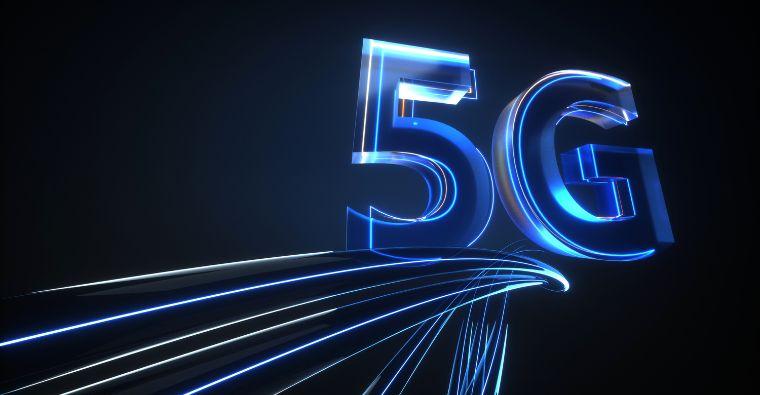From the early days of simple networking sites to today’s complex web of interconnected platforms, social media has redefined how people interact, share information, and shape their online identities. This blog explores the various ways in which social media has impacted internet culture and communication, highlighting both positive and negative aspects.
Shaping Online Identities
Personal Branding
Social media platforms like Instagram, LinkedIn, and TikTok have become essential tools for personal branding. Users carefully curate their profiles to reflect their personal or professional identities, sharing highlights and achievements. This has given rise to influencer culture, where individuals build significant followings and impact trends.
Expression and Creativity
Social media provides a space for users to express themselves creatively. Platforms like Pinterest and YouTube enable people to share their hobbies, talents, and opinions with a global audience. This freedom of expression has fostered diverse online communities and encouraged creative collaborations.
Changing Communication Patterns
Instant Communication
Social media has revolutionized communication by making it instantaneous. Platforms such as Twitter and Facebook facilitate real-time interactions, allowing users to stay connected and share updates quickly. This immediacy has changed how people exchange information and maintain relationships.
Visual Communication
The rise of visual content, including photos, videos, and memes, has transformed communication. Platforms like Instagram and Snapchat emphasize visual storytelling, enabling users to convey messages through images and short videos rather than traditional text-based communication.
Influencing Culture and Trends
Viral Content and Memes
Social media has accelerated the spread of viral content and memes. Trends and cultural phenomena can quickly gain traction, influencing public discourse and shaping online culture. Memes, in particular, have become a form of digital folklore, reflecting and shaping societal attitudes.
Consumer Behavior
Social media significantly influences consumer behavior and trends. Brands leverage platforms like Facebook and Instagram to engage with audiences, promote products, and gather feedback. User-generated content, such as reviews and testimonials, also impacts purchasing decisions and brand perception.
Impact on News and Information
Real-Time News
Social media platforms have become major sources of news and information. Breaking news and live updates are often shared on Twitter and Facebook before traditional media outlets report them. However, this has raised concerns about the accuracy and reliability of information.
Echo Chambers and Filter Bubbles
Social media algorithms often create echo chambers and filter bubbles by showing users content that aligns with their interests and beliefs. This can reinforce existing opinions and limit exposure to diverse perspectives, affecting how people perceive and understand current events.
Social and Political Activism
Mobilizing Movements
Social media has played a crucial role in mobilizing social and political movements. Hashtags like #BlackLivesMatter and #MeToo have brought attention to important issues and facilitated grassroots activism. The ability to reach a wide audience and organize events has empowered individuals to advocate for change.
Civic Engagement
Social media encourages civic engagement by providing platforms for discussions, petitions, and advocacy. Users can participate in political debates, engage with policymakers, and contribute to community initiatives, fostering a more active and informed citizenry.
Privacy and Security Concerns
Data Privacy
The proliferation of social media has raised significant privacy concerns. Users often share personal information that can be accessed and exploited by third parties. Data breaches and misuse of personal data highlight the need for stronger privacy protections and user awareness.
Cyberbullying and Harassment
Social media platforms can be breeding grounds for cyberbullying and harassment. The anonymity and reach of social media make it easier for individuals to engage in harmful behavior, impacting mental health and well-being. Addressing these issues requires both platform intervention and user education.
Evolving Social Norms
Changing Etiquette
Social media has influenced social norms and etiquette. The concept of "social media etiquette" encompasses how people interact online, including appropriate behavior, language, and content sharing. Evolving norms reflect changes in communication styles and expectations.
Authenticity vs. Perception
The pressure to present an idealized version of oneself on social media can lead to a disconnect between online personas and real-life authenticity. This disparity affects how individuals perceive themselves and others, impacting self-esteem and interpersonal relationships.




